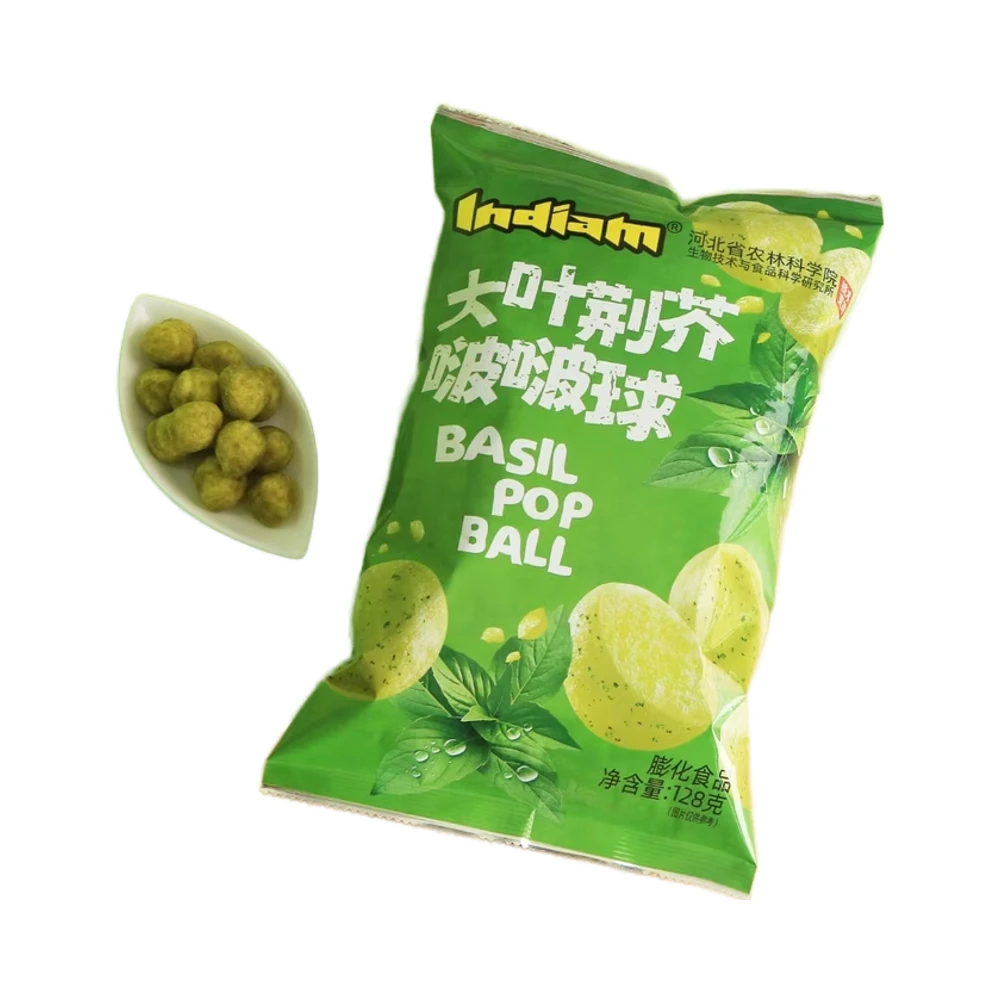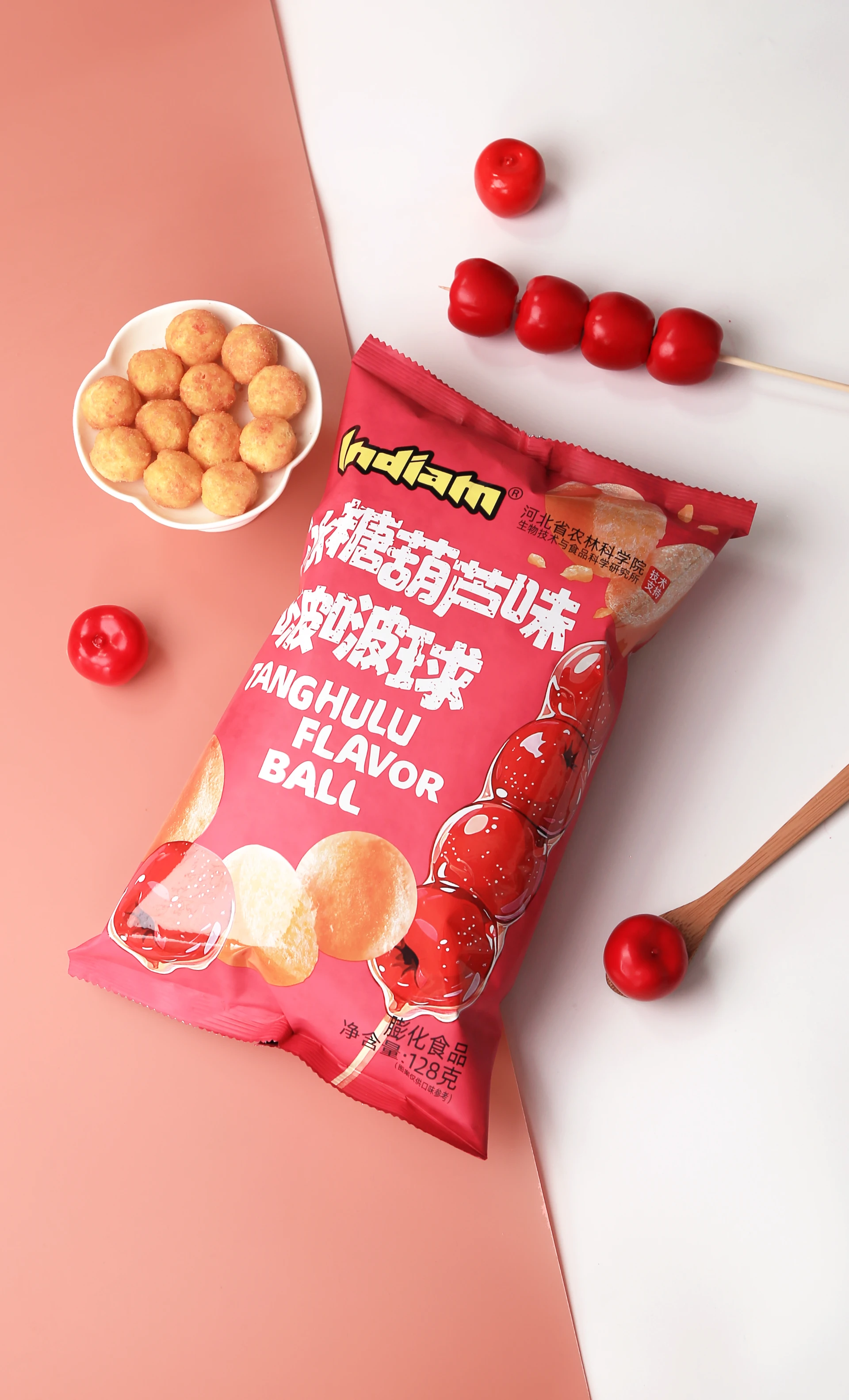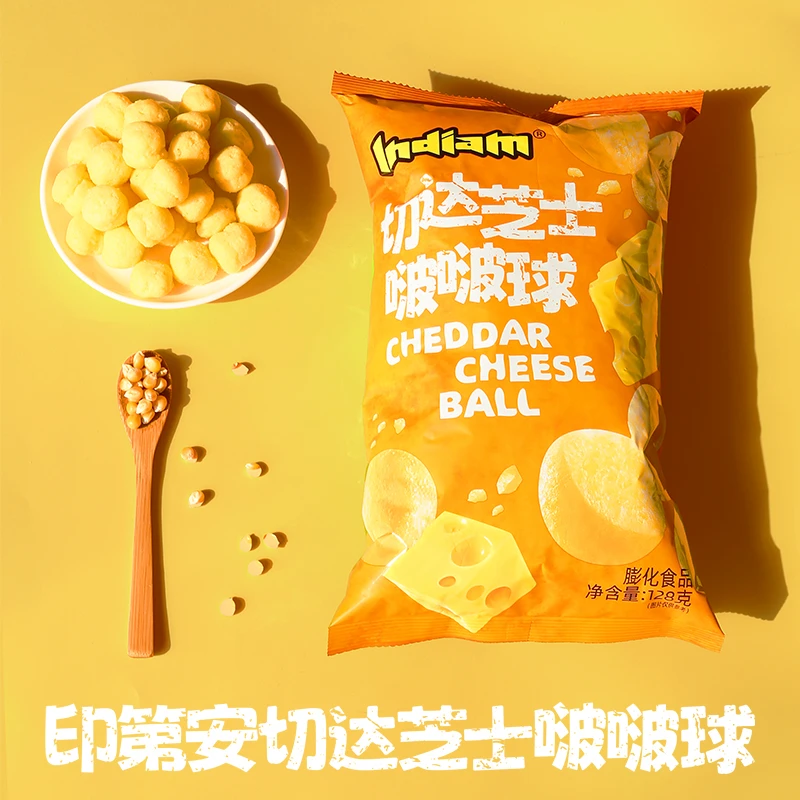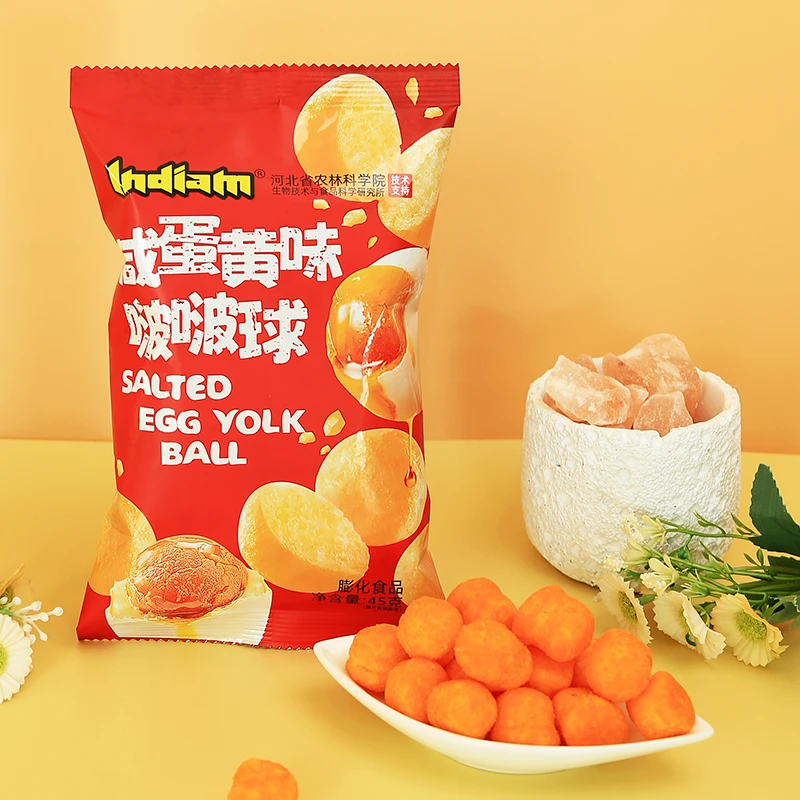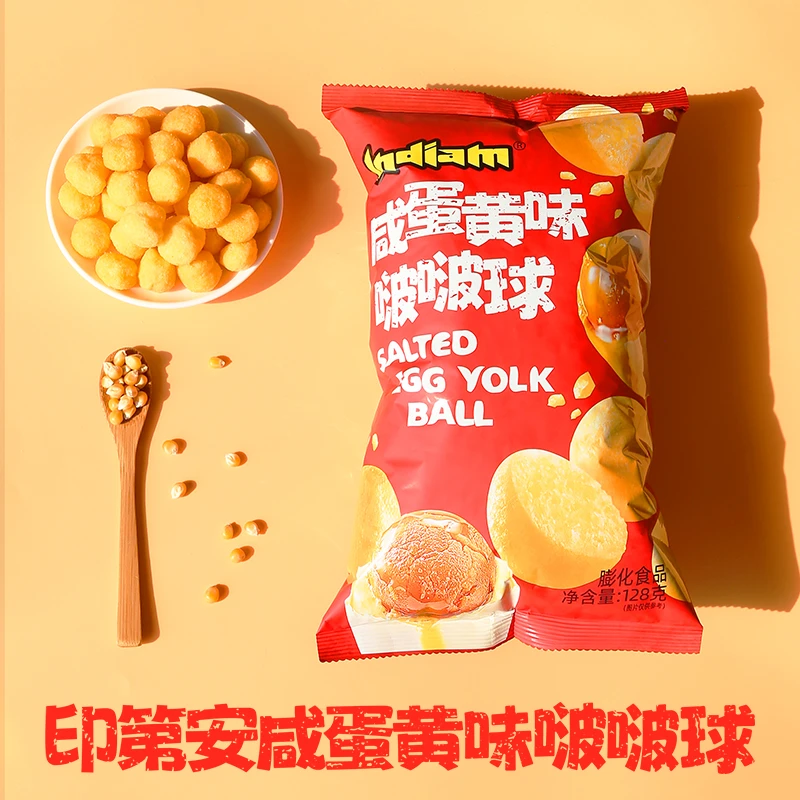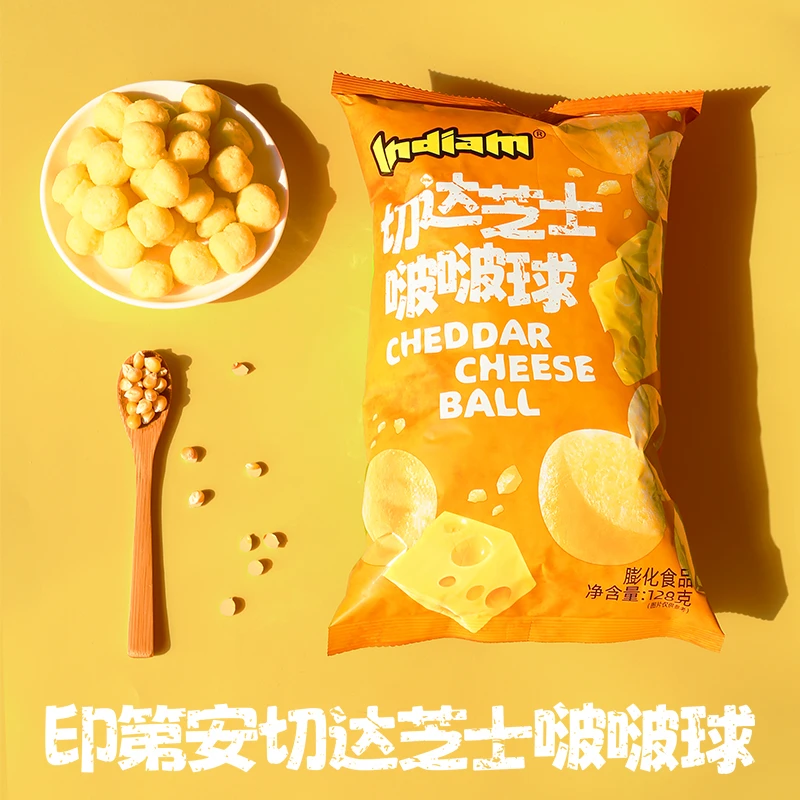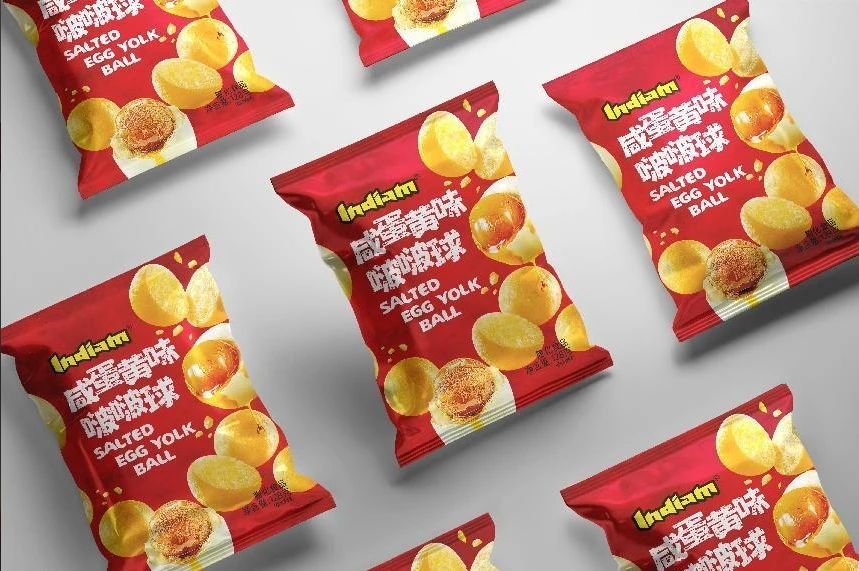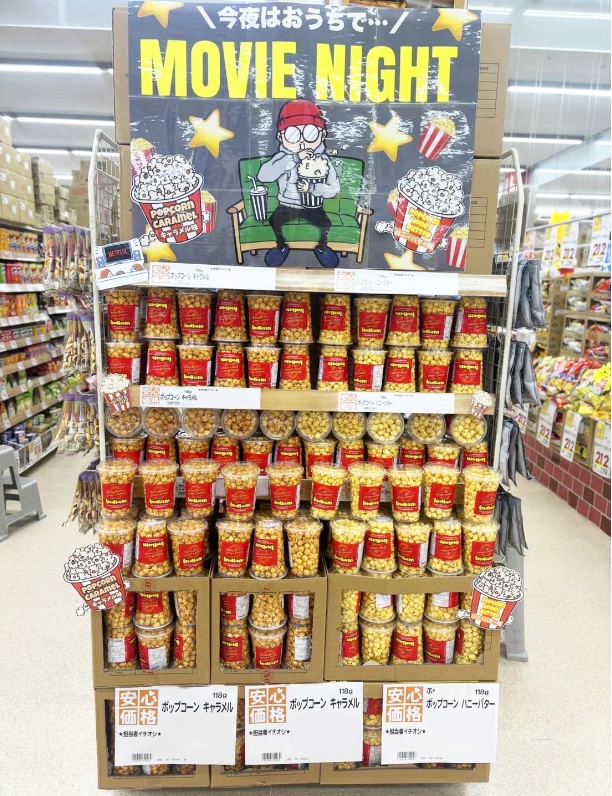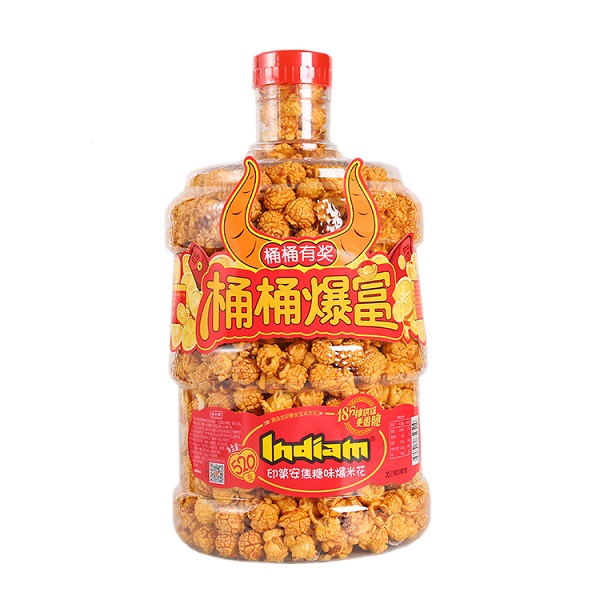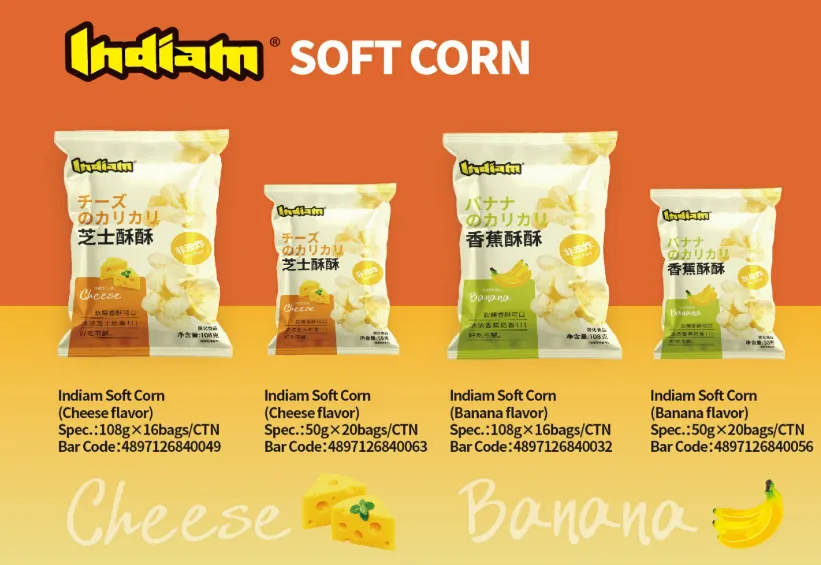Gluten Free Vegetarian Snacks: A Global Guide to Safe, Healthy, and Sustainable Snacking
What Are Gluten Free Vegetarian Snacks and Why Do They Matter Worldwide?
Gluten free vegetarian snacks might sound niche, but they’re becoming a global staple. With mounting health awareness, shifting diets, and a need for sustainable food choices, understanding these snacks reveals more than just dietary trends — it touches on public health, food security, and cultural shifts. These snacks offer easy, tasty, and safe options for people avoiding gluten due to celiac disease or intolerance; vegetarians seeking plant-based nourishment; and those wanting healthier, cruelty-free lifestyles.
Globally, millions suffer from gluten sensitivity, while vegetarianism grows steadily. When these needs intersect, gluten free vegetarian snacks become especially relevant. They’re practical, convenient, and suit a wide variety of lifestyles and environments, from bustling cities to remote aid operations. Getting to know their benefits isn’t just a foodie fad; it’s about meeting real demands with thoughtful solutions.
The Growing Global Importance of Gluten Free Vegetarian Snacks
Have you noticed how diets evolve, influenced by culture, science, and economics? According to the World Health Organization (WHO), gluten-related disorders affect about 1% of the global population, with intolerance likely even higher. Meanwhile, vegetarianism is becoming mainstream — industry reports estimate a 10–15% growth yearly in plant-based diets worldwide.
Facing rising chronic health issues, shifting consumer values, and sustainability concerns, food industries respond by innovating with gluten free, vegetarian options that tick many boxes: dietary safety, ethical production, and environmental friendliness. The challenge? Combining taste, nutrition, and accessibility without drastically hiking prices or relying on heavily processed ingredients.
Beyond consumer markets, humanitarian aid organizations are exploring gluten free vegetarian snacks for refugee camps and disaster zones where dietary restrictions complicate nutrition logistics. These snacks simplify meal delivery, reduce allergen risks, and support local agricultural sustainability — all vital concerns in today's food security puzzle.
What Exactly Are Gluten Free Vegetarian Snacks?
To put it simply: these snacks are food products free of gluten-containing ingredients like wheat, barley, and rye, and made entirely from plant-based sources. No meat, fish, dairy, eggs, or honey — just vegetarian-friendly ingredients such as legumes, nuts, seeds, vegetables, and gluten-free grains like rice, quinoa, or corn.
Think crunchy chickpea puffs, roasted pumpkin seeds with herbs, or a sweet date and nut bar certified gluten free. These snacks avoid common allergens and follow strict cross-contamination protocols to guarantee safety. This is vital for people with celiac disease, but also benefits anyone wanting to avoid gluten for digestive or lifestyle reasons.
In today’s food ecosystems, they’re more than convenience—they support dietary inclusion, reduce food waste by using whole, simple ingredients, and often feature in clean-label or organic product lines.
Key Aspects of Gluten Free Vegetarian Snacks
1. Nutritional Balance
A good snack packs protein, fiber, and essential nutrients while staying low in additives. Using ingredients like lentils, chickpeas, seeds, and gluten-free grains ensures snacks fuel the body without the heaviness of processed starches or animal fats. Many developers fortify products with vitamins B12, D, or iron to make up for what vegetarian diets sometimes miss.
2. Allergy and Cross-Contamination Safety
Ensuring zero gluten content means rigorous testing and verified supply chains. Many manufacturers operate gluten-free certified facilities or employ strict cleaning procedures. This confidence is essential to protect celiac consumers and build trust.
3. Taste and Texture Innovation
One of the biggest challenges is keeping snacks palatable and exciting without gluten’s binding properties or meat’s umami. Ingredients like chickpea flour, tapioca starch, or nut butters help create crispiness, chewiness, or creaminess. Seasonings range from spicy to herbal to sweet.
4. Shelf Life and Packaging
Vacuum packing, nitrogen flushing, or resealable pouches extend freshness without preservatives. This ensures snacks are usable in varied climates and conditions — key for both retail and aid relief.
5. Sustainability and Ethics
Many brands emphasize sourcing organic, non-GMO, or local plant ingredients to reduce environmental impact and support farmers. Ethical labeling such as fair-trade or cruelty-free also appeals to conscious consumers.
Specifications of a Typical Gluten Free Vegetarian Snack Product
| Specification | Details |
|---|---|
| Gluten Content | |
| Primary Ingredients | Chickpea flour, brown rice, sunflower seeds, spices |
| Calories Per Serving | 150 |
| Protein Content | 5g |
| Packaging | Resealable pouch with nitrogen flushing |
| Shelf Life | 9 months stored |
| Certifications | Gluten Free Certified, Vegan Society Approved |
Where Gluten Free Vegetarian Snacks Have Made Their Mark
These snacks aren’t just for hip urbanites; they play roles across continents and sectors.
- Humanitarian Relief: UN agencies and NGOs employ these snacks in refugee camps — compact, safe nutrition helps feed populations with gluten allergies or vegetarian preferences, simplifying logistics while maintaining dignity.
- Corporate Wellness: Offices worldwide include gluten free vegetarian options in vending machines and cafeterias, catering to diverse staffs and increasing employee satisfaction.
- Travel and Outdoor Recreation: Backpackers and health-conscious tourists favor these snacks for their portability, safety, and energy boost.
- Educational Institutions: Schools are upgrading cafeteria offerings to meet allergy-friendly, plant-based dietary needs.
How Top Vendors Stack Up on Gluten Free Vegetarian Snacks
| Vendor | Product Range | Gluten Free Certification | Sustainability Focus | Price Range (per pack) |
|---|---|---|---|---|
| NatureSnack Co. | 10+ snack types: puffs, bars, nuts | Certified GF by NSF | Organic & Fair Trade Ingredients | $3 - $5 |
| PureVeg Snacks | 5 snack lines: seed mixes, crackers | Certified GF (In-House) | Local Sourcing, Plastic-Free Packaging | $4 - $6 |
| SnackRoots | Focused on gluten free bars | Third-Party Tested | Sustainably Farmed Ingredients | $2.50 - $4 |
Benefits That Go Beyond Just Taste
Gluten free vegetarian snacks combine convenience with peace of mind:
- Health: Avoiding gluten helps prevent digestive distress, while a vegetarian base adds fiber and antioxidants.
- Community: Offering snacks inclusive of allergies and lifestyle increases social acceptance and belonging.
- Environment: Plant-based ingredients generally use fewer resources and emit less greenhouse gases than animal-based products.
- Economics: Simplicity in ingredients can mean lower production costs and accessibility for underserved markets.
Emotionally, these snacks symbolize care and innovation — they show respect for bodily needs and ethical concerns simultaneously.
Upcoming Trends in Gluten Free Vegetarian Snacks
From lab-grown legumes to blockchain-sourced organic ingredients, the future looks exciting.
- Technological Innovations: Improved plant protein extraction and extrusion techniques are enabling new textures and tastes.
- Packaging Advances: Compostable, biodegradable wraps reduce waste, resonating with eco-conscious buyers.
- Personalized Nutrition: Digital platforms will soon tailor snacks to individual dietary profiles using AI recommendations.
- Policy Support: Governments promoting allergen-free food labeling and sustainable agriculture boost market growth.
Challenges and Their Practical Solutions
Of course, not everything is perfect. Gluten free vegetarian snacks risk being bland or overly processed if not thoughtfully crafted. Supply chains for certified gluten free ingredients are sometimes limited, leading to cost spikes. Consumer confusion around labeling can dampen trust.
Solutions? Many producers collaborate with research institutions to refine taste and texture profiles and invest in local gluten free ingredient farming. Clear, transparent labeling and education campaigns help customers understand what they’re buying.
FAQ: Your Top Questions on Gluten Free Vegetarian Snacks
- Q: How do I verify if a snack is truly gluten free?
- A: Look for certification logos like GF certified by NSF or similar bodies. It’s important the product undergoes regular testing, and the packaging should state “gluten free” clearly.
- Q: Are gluten free vegetarian snacks suitable for children?
- A: Generally yes, they’re often nutrient-rich and allergen-conscious. However, always check ingredient lists for any nuts or additives, and choose age-appropriate options.
- Q: Can these snacks be included in emergency relief kits?
- A: Absolutely. Their shelf stability, allergen safety, and compact nutrition make them ideal for disaster response or refugee aid.
- Q: Is the price higher compared to regular snacks?
- A: Sometimes, yes, because of stricter quality controls and ingredient sourcing. But increased demand and innovation are gradually lowering costs.
- Q: Where can I find a variety of gluten free vegetarian snacks?
- You might want to explore gluten free vegetarian snacks online or at specialty health stores for a broad selection.
Final Thoughts: Why Gluten Free Vegetarian Snacks Deserve Your Attention
It’s fascinating how a simple snack can reflect so much — health trends, global challenges, ethical choices, and innovation. Gluten free vegetarian snacks are more than just products; they’re part of a movement toward thoughtful, inclusive, and sustainable eating. Whether you’re a consumer, seller, or aid worker, these snacks offer real solutions with a tasty twist.
If you want to explore a curated selection crafted with care and certified safe, be sure to visit our website: https://www.indiampopcorn.com. Because snacking smartly is a small but powerful step toward a healthier world.
References
Post time: Nov . 17, 2025 18:00





